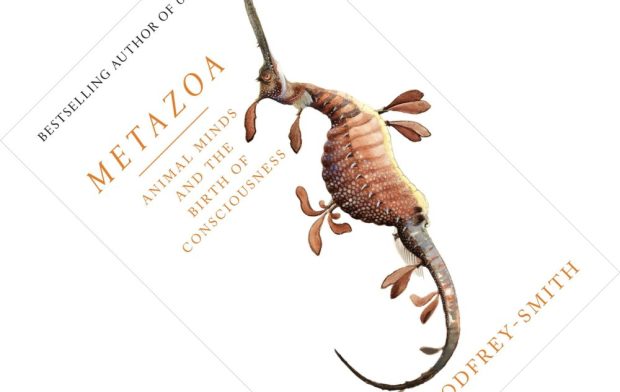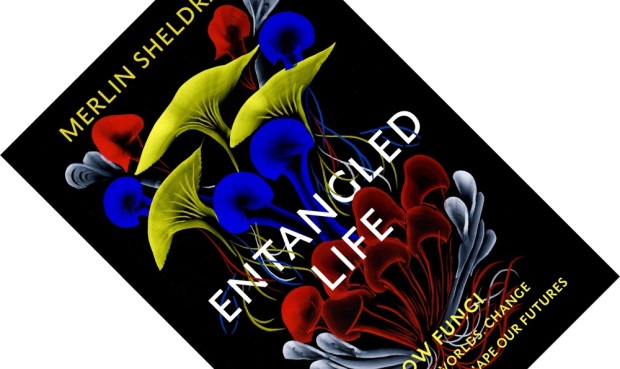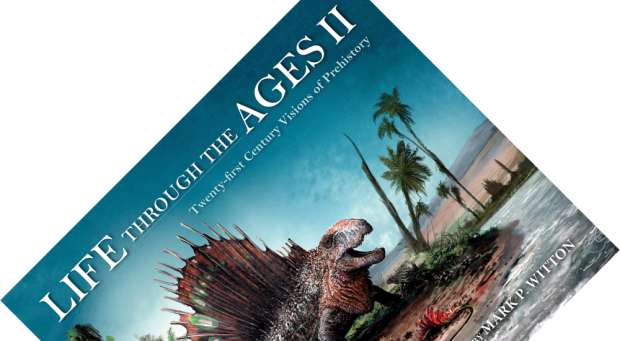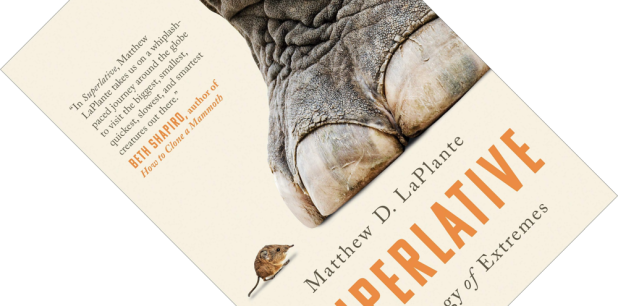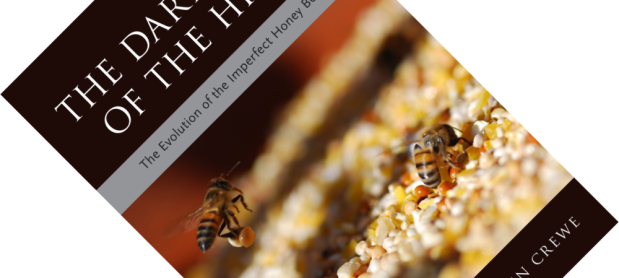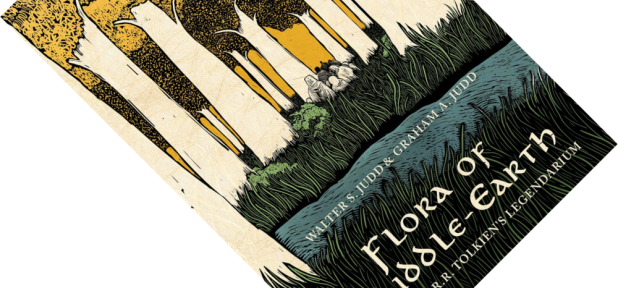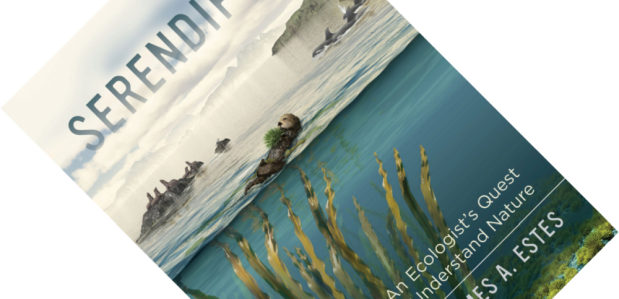7-minute read
In 2016, the scuba-diving philosopher Peter Godfrey-Smith wrote Other Minds where he explored the mind of the octopus—I reviewed it right before reading this book. Its bestseller status, including translations in more than 20 languages, was not entirely unpredictable. Octopuses are a sexy topic. Four years later, he explores animal minds further with Metazoa, with the tour now also including sponges, corals, shrimp, insects, fish, and mammals. Godfrey-Smith convinced me he is no one-trick pony when it comes to writing a good book, though this one is more cerebral than its predecessor.

